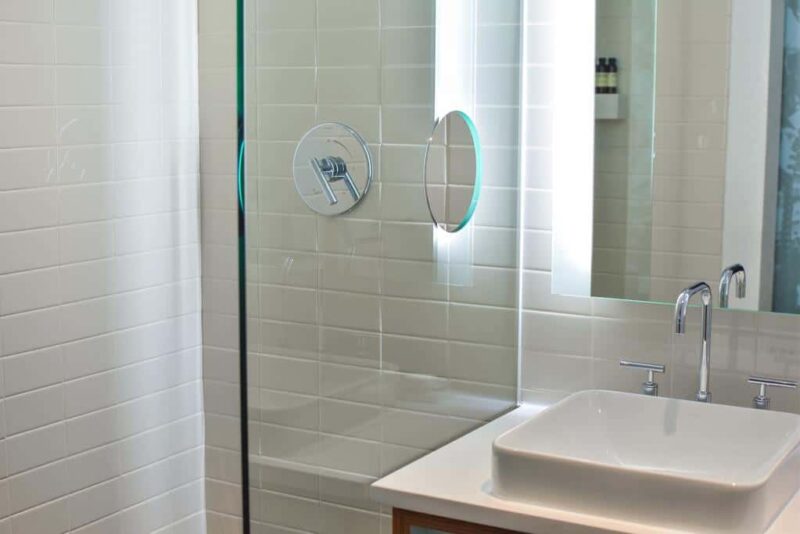Your property is likely to be the biggest investment that you make. So, it’s only natural that you would want to add value to your home.
While many improvements appear expensive or disruptive, there are several improvements that you can make which can add value to your home. As property expert Sam Mitchell from Housesimple says: “It’s not always about how much money you spend on improvements. It’s about weighing up the cost against the potential increase to your property value.
“Any additions that are too costly might not bring much return when you sell, so it is best to work with the space that you’ve got, and ensure you think about how it can be transformed to make it more useful.”
Here are five ways that you can add value to your home.
1. Convert your loft
A 2019 study by Nationwide found that converting your loft, and adding an extra bedroom and en suite bathroom, could add an average of 21% to the value of a property. A separate study by Abbey Lofts found that the uplift could be even higher in London, at 24.5%.
A loft conversion can be a big job but can provide an excellent boost to the value of your home, particularly if there is a bathroom included.
Always use an architect and check the council’s building regulations.
Depending on the nature and extent of your loft conversion, you may need planning permission for the work. You will also need a building control surveyor to inspect the work throughout the conversion process. As long as the work meets the required standards, you’ll receive a completion certificate following the final inspection.
The cost of work can vary significantly, so make sure you get several quotes from reputable builders before you sign off on any work.
2. Redecorate or refit your bathroom
According to the Nottingham Building Society, upgrading your bathroom could add 3% to the asking price of your home.
You may not even need to refit the whole bathroom, as new taps, loo seats and flooring can be enough to increase the value.
Research involving 32 estate agents, designers and property professionals from around the country found that 76% of experts said that quality tiling with good grouting added the most value to bathrooms. 70% of professionals said an electric or power shower would add value, while two-thirds said that a well-sized sink, toilet or shower would result in a price uplift.
3. Make your home energy efficient
Making your home more energy efficient can make your home more attractive to potential buyers and increase the asking price.
This is because even small changes can improve a property’s Energy Performance Certificate (EPC) rating, and achieving the highest rating adds an average of 14% to property prices in England.
Steps you can take include:
- Installing double glazed windows – this can add up to 10% to your home’s value
- Upgrading your boiler – a newer, more energy efficient boiler will reduce your energy consumption and appeal to potential buyers
- Updating windows
- Replacing bulbs with energy saving bulbs
- Sealing drafts around doors
- Adding loft insulation.
4. Add a parking space
According to Virgin Money, having a nice driveway to complement your home can increase the value by up to 10%. Giving potential buyers somewhere to park can be very attractive to potential buyers and help you to get a better price for your home.
If you live in an urban area, and you don’t have off-street parking or a garage, then replacing your front garden with a parking space could add significant value. You may need to obtain planning consent to pave your lawn and there may be a charge to your local council to ‘drop the kerb’.
As an example of how much value parking may add, a parking space behind Hyde Park Gardens in Central London went on sale for a breath-taking £350,000 in 2019 – and this was the price just for a single parking space with 88 years left on the lease.
5. Add a conservatory
Estimates of exactly how much value a conservatory adds to a property vary. A study by Towergate Insurance in 2017 suggested that a conservatory adds around 5% to the value of a property, while Savills has estimated the figure as high as 12% on high-quality conservatories in prime London properties.
You typically won’t need planning permission to build a conservatory as long as no more than half the area of the land of the original house is covered. And, always get an estate agent’s guidance first to ensure a conservatory is suitable for your home, and that it will add value.



)
